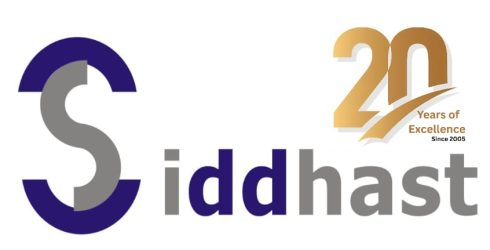A typical copyright misinterpretation is that if a enterprise pays to have software built up, the software is a work made for hire and is naturally owned by an enterprise. In any case, that is not always true.
Hinging on this confusion can bring about a enterprise not owning software it paid to have developed.
The general rule is that the creator of a copyrightable work is naturally its proprietor. One essential exemption happens if software is created by an employee. In this case, the enterprise — and not the employee — will claim the copyright. Notwithstanding, if the work is developed by a contractor, proprietorship consequently vests in the hands of the same and not the enterprise that paid to have it developed.

For what reason should a enterprise think about copyright possession? The copyright proprietor has boundless opportunity to market and change the work and to keep others from utilizing it. Truant ownership, leads to constrained rights to utilize the product by the enterprise, that was developed for it.
On the off chance if there is no drafted covenant, the copyright remains with the contractor, and the enterprise gets a nonexclusive license to utilize the product according to the understanding of the parties.
There are two critical words here. First, the enterprise entitlement to use the product is nonexclusive, which implies that the contractor can resell the software without paying anything to the enterprise.
Second, the product must be utilized by the enterprise in the way the parties concurred it would be used when the product was developed. For instance, if the product were developed for the interior utilization of the enterprise, pitching it to others would be outside of the extent of the license.
So what are a few things a enterprise ought to consider while hiring a software developer?
Intellectual Property Rights in the software by default belongs to the contractor. On the off chance if the IPR transfer agreement/development agreement do not mention the copyright proprietorship then the IPR belongs to contractor.
Jot down all things in an agreement. Copyrights must be exchanged by particular dialect in a document. Just a normal handshake deal or a verbal comprehension won’t transfer the copyright. Web based software development agreement should incorporate arrangements identified with possession.
Talk about possession right on time in the arrangement procedure. That may influence the cost of the task since the designer might plan to reuse all or part of that product in another venture.
Incorporate confidentiality provisions in the agreement. Custom developed software can contain privileged insights of an enterprise. Negotiate to keep those techniques secret and out of the hands of business competitors after the venture is done.
On the off chance that proprietorship can’t be negotiated, consider acquiring the privilege to utilize the product like a proprietor. Sometimes possession can’t be gotten on the grounds that the product incorporates routines that the contractor reuses in each task. Exchanging possession would mean the contractor would never again have the capacity to utilize those routines itself. Rather, consider consulting for the privilege to utilize and alter the product without constraint.
Ownership of the contractor developed software is crucial and often ignored aspect of the software development/innovator patent agreement. Being aware of the principles of copyright possession can spare the enterprise from numerous conceivable issues that may get apparent long after the product is delivered.
Also see : http://siddhast.com/innovators-patent-agreement
Written By : Arpit Agarwal
